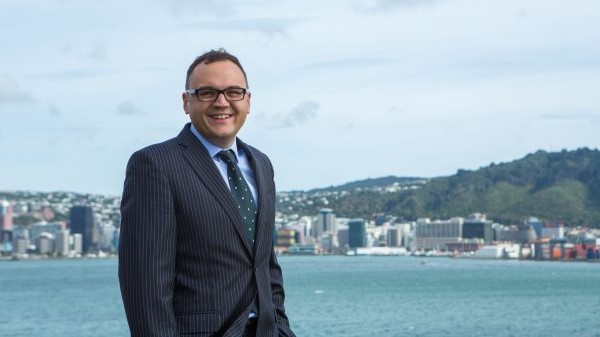Focus to remain on Infrastructure

As I depart Ia Ara Aotearoa Transporting New Zealand, I can reflect on my time advocating for the industry and the obvious alignment with my new role at Infrastructure New Zealand.
We are at a pivotal crossroads regarding the provision of infrastructure. The standard, scale and specification of so much of our transport, housing, communications and utilities is no longer fit for purpose and is either over capacity or failing. While the private sector must take its fair share of responsibility for this, the public sector is mostly to blame for most of the infrastructure gap. Unfortunately, political and bureaucratic neglect, some of it fuelled by the ignorance and ideology of anti- development activism, has resulted in at least two decades of underinvestment. We now have a massive infrastructure deficit, a deficit that Treasury estimates to be about $210 billion. While the word ‘crisis’ is used liberally these days, it is hard to judge a problem of this scale as anything else.
One of the biggest challenges we face over the next 20 to 30 years is how we catch up and pay for all the infrastructure needed. Better roads and transport systems remain a major part of that mix and will continue to be critical to maintaining economic prosperity and quality of life.
I look forward to my new role and asking the key questions about how we fund what we need to build, how we build it and who will be available to do the work.
I can’t mention infrastructure without a quick comment on the state of the Cook Strait ferry services. Not only are the continual mechanical breakdowns and staff shortages inconveniencing thousands of people, but they are providing significant safety concerns and a significant headache for transport operators. The disruption to some of Transporting New Zealand’s members has been so great, I have had operators phone me in serious distress about how they can satisfy their contracts and continue moving freight. This situation is, frankly, unacceptable.
While the Bluebridge and Interislander services have both been impacted, the government on behalf of New Zealanders, holds the share in KiwiRail, and in my opinion, must be held accountable for its lack of reliability and fragility.
I am extremely proud to have represented an industry full of so many hardworking men and women dedicated to getting the job done. There was no better illustration of that than during the darkest days of the Covid-19 pandemic and the government-imposed lockdowns. Under extremely stressful circumstances, and while the rest of the country was staying safe at home, the road transport industry kept the supermarkets stocked and got our exports to market.
The resilience of this industry is also something that cannot be underestimated. Whether it’s a pandemic, earthquake, flood, cyclone or just an unhelpful economic environment, the trucks keep rolling, and the freight keeps moving.
Transporting New Zealand is and will remain a strong advocate for the industry, but its effectiveness is frustratingly diluted by the industry continuing to accept a structure of three representative organisations instead of one. This makes no sense and is continually used to undermine the strength of our advocacy. I will forever remain a supporter of those who actively work for one industry body.
Finally, let me wish Warwick Wilshier and his team on the Board of Transporting New Zealand every success in the future. I also want to acknowledge Transporting New Zealand’s hardworking staff, and I know that I am leaving the organisation in good hands with Dom Kalasih stepping into the role of interim chief executive.



